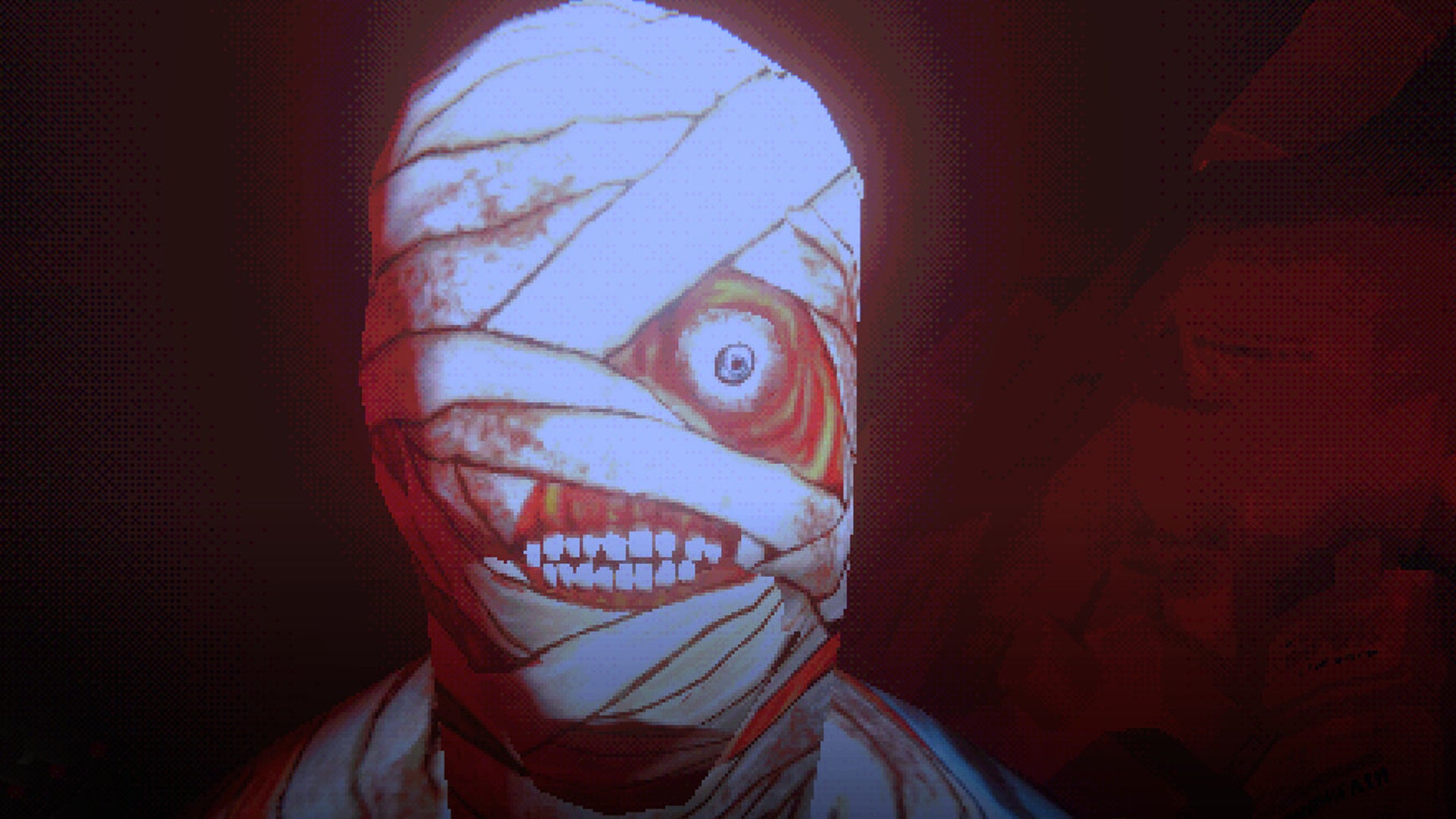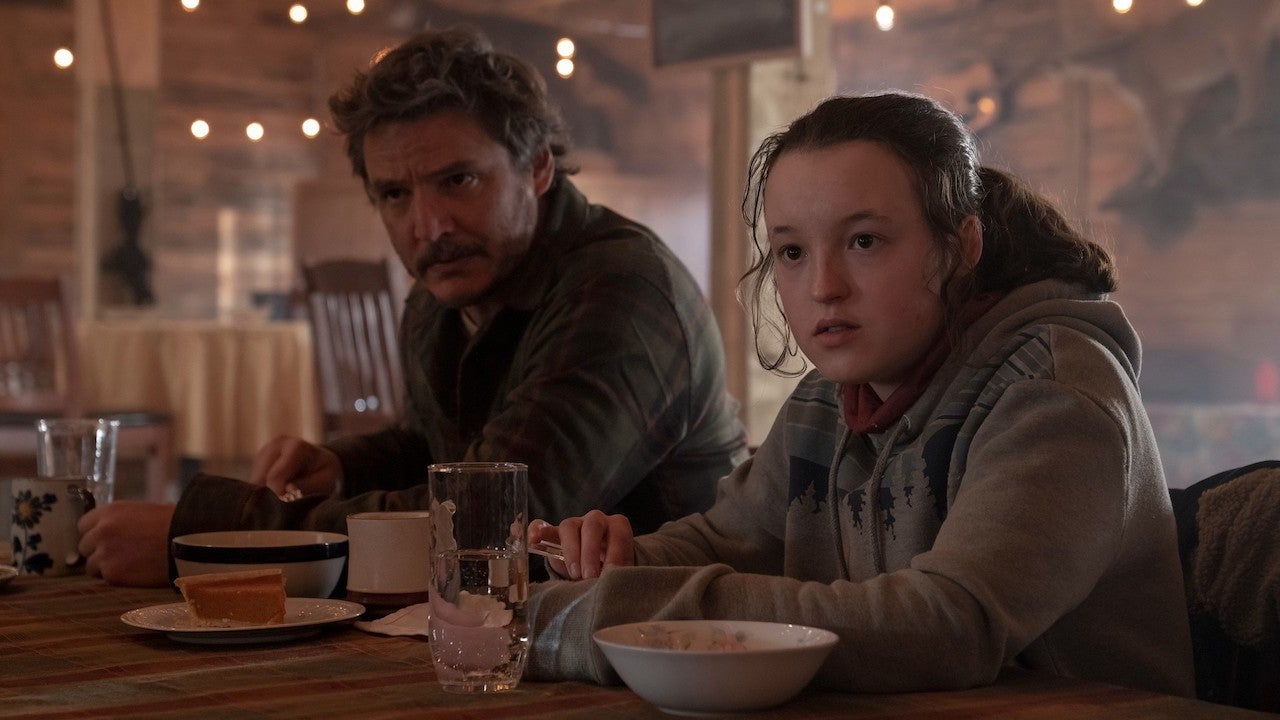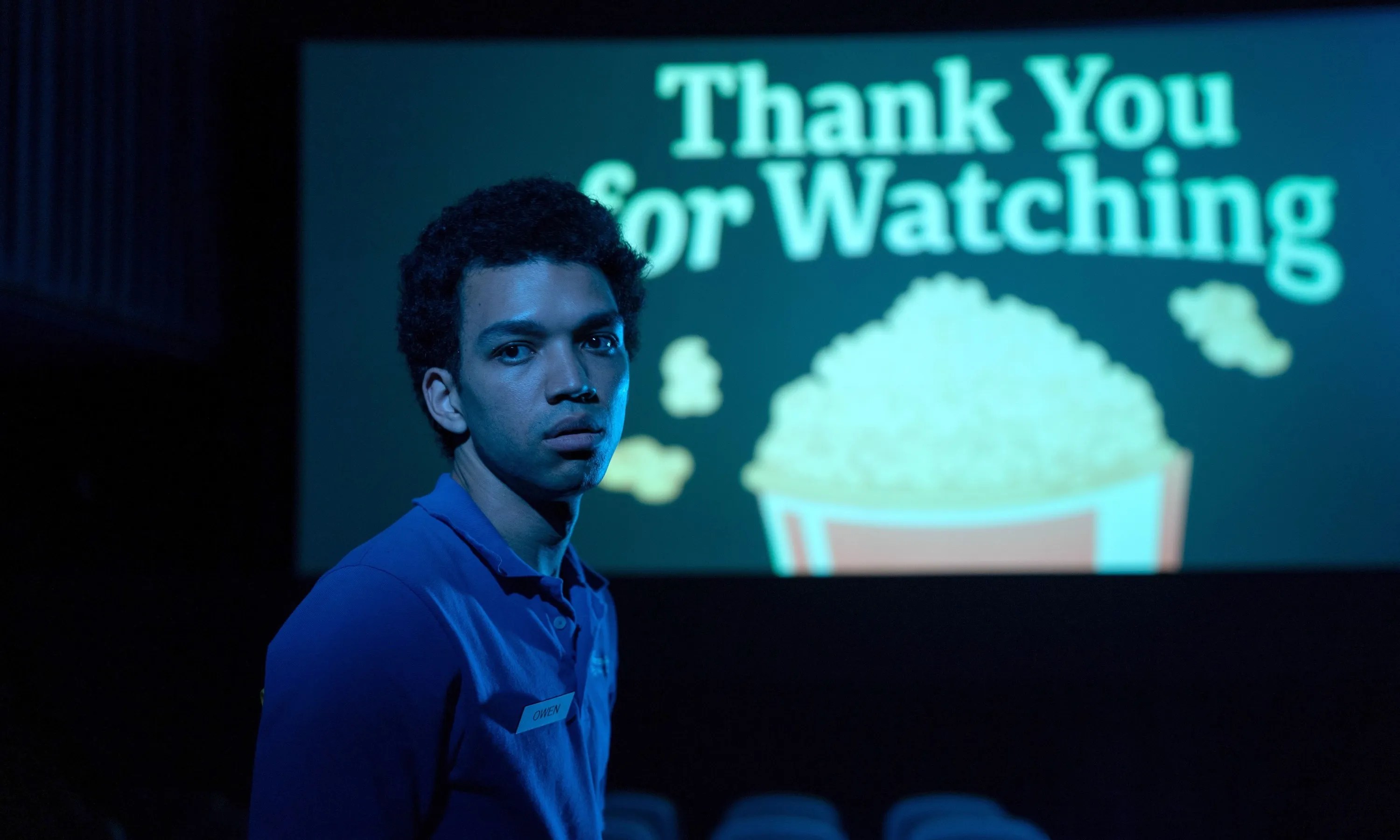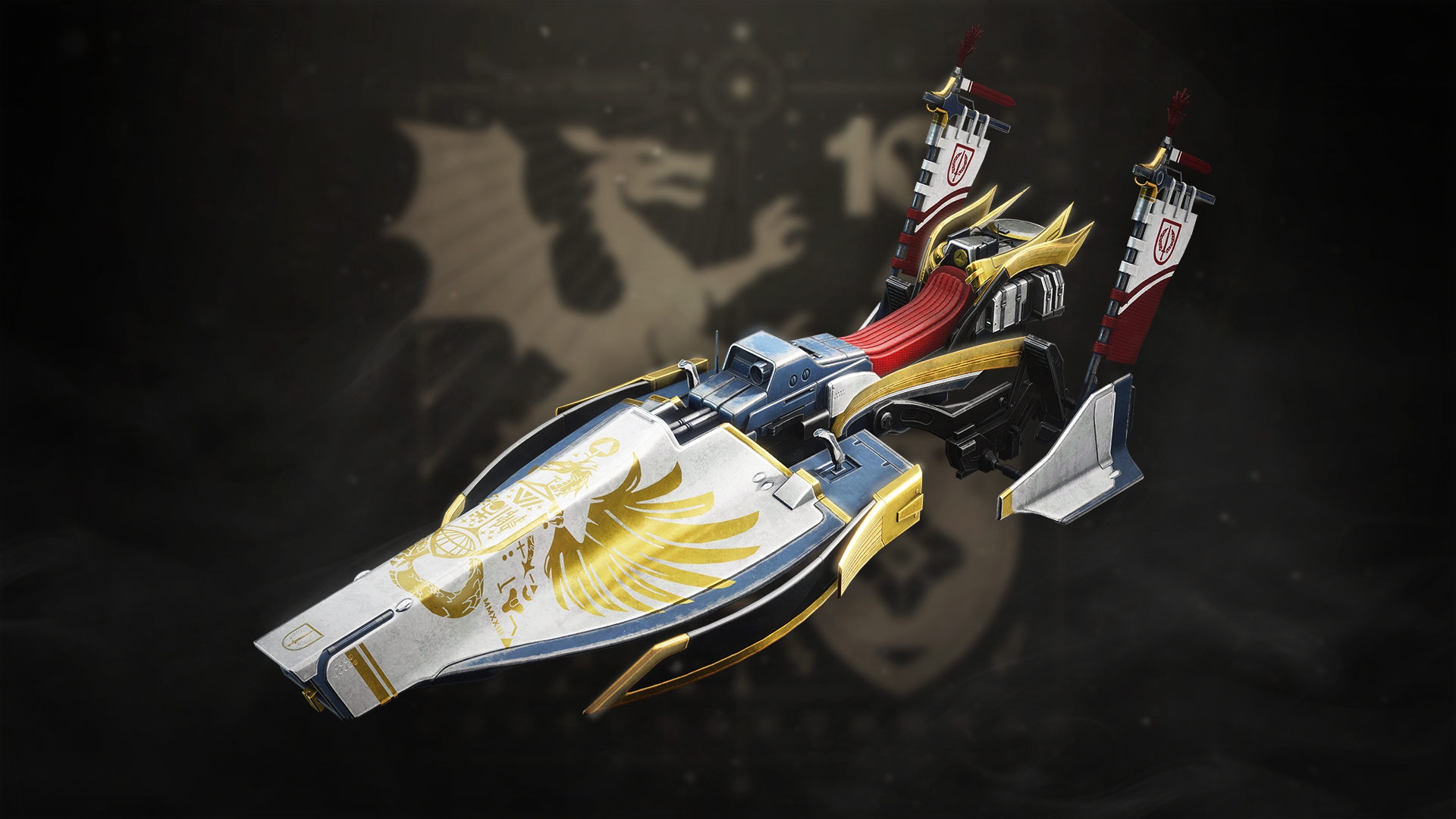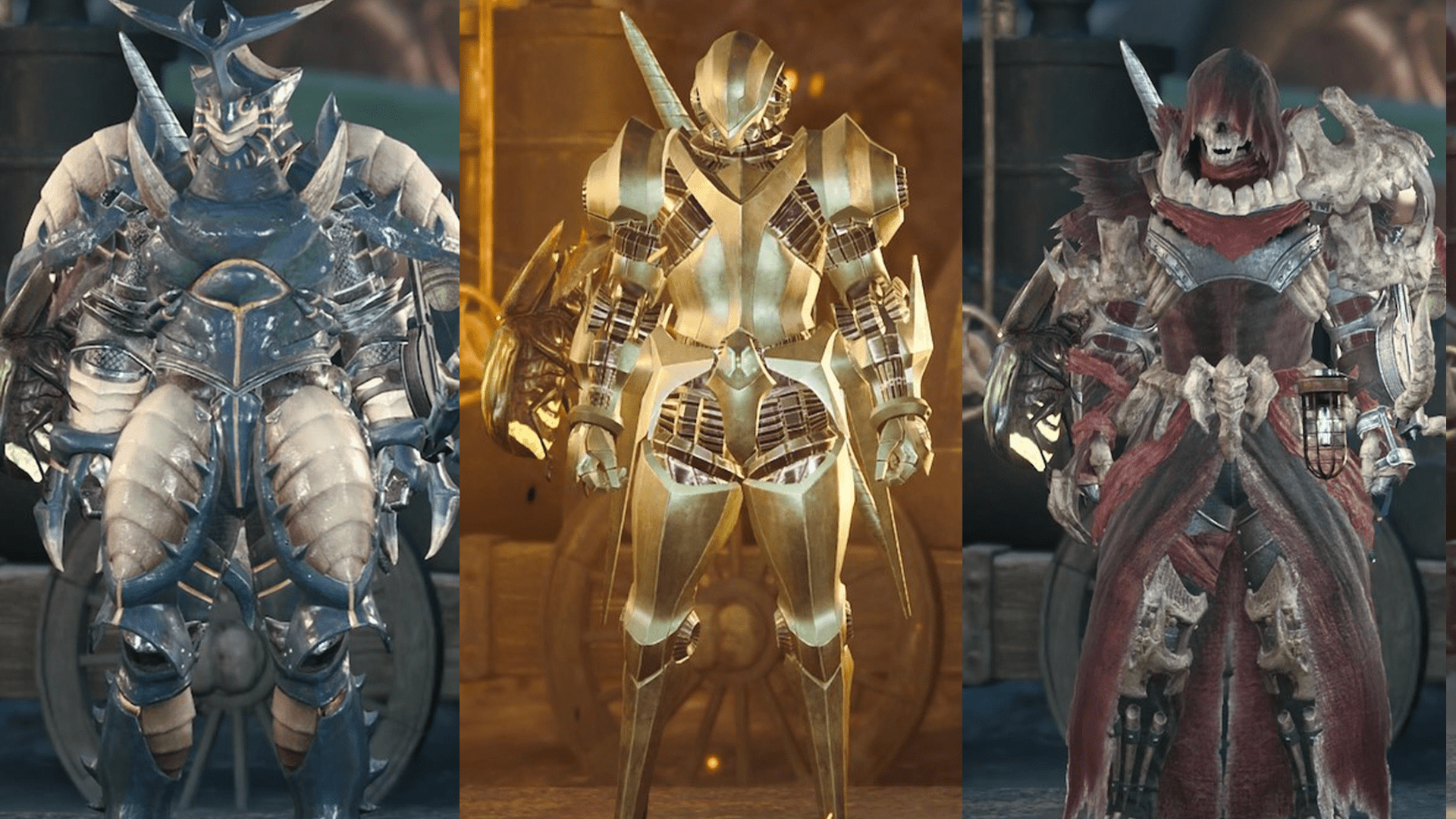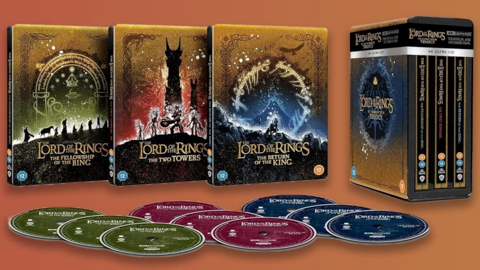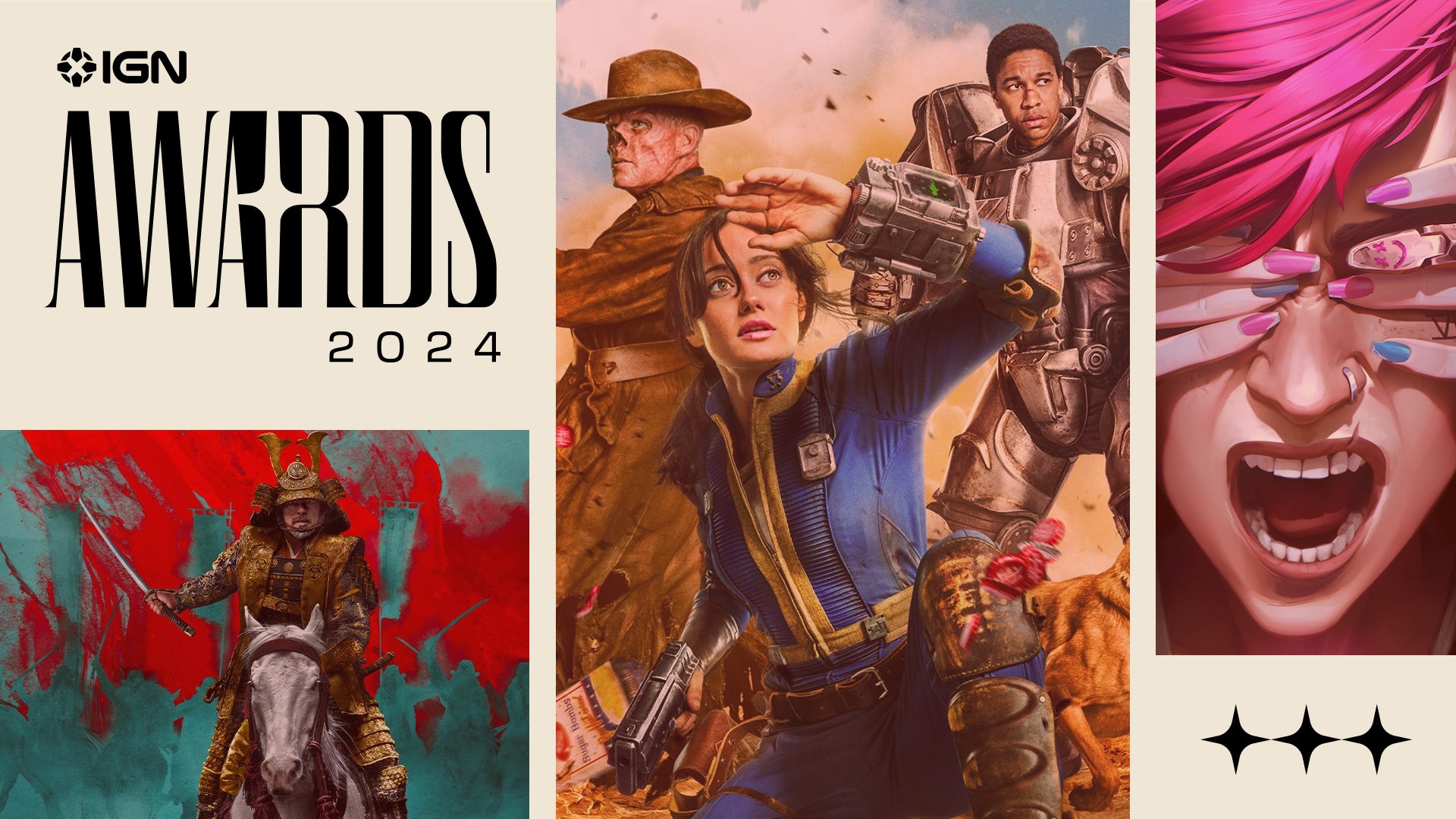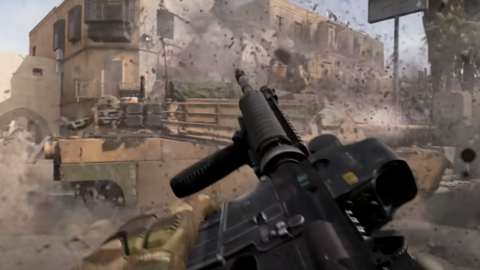My wife and I are expecting our first child soon, so I’ve spent the better part of a year reflecting on big concepts like leadership, responsibility, accountability, and trust. I’m considering who I am and how exactly I’m supposed to raise another human and not pass on all of my worst traits. It was in this emotionally raw state that Mouthwashing came along and punched me in the face. While mechanically simple – there’s not much to do besides talk to other characters, pick things up, and search the spaceship you are confined to – it tells its story in a way that couldn’t be done without the burden of interactivity, taking full advantage of what sets games apart from the likes of movies or TV. And I don’t use the word burden lightly, as that’s precisely how it felt to keep playing at times (in a good way). “Please don’t make me do this,” was often my prevailing thought, but uncovering the mysteries of how things got quite so bad on this ship always compelled me to continue.
The premise is straightforward: A group of people in a long-haul space freighter, the Tulpar, contend with the aftermath of a disaster, with your perspective bouncing around between several different times over the span of about a year. To go into more specifics about the story would spoil more about Mouthwashing than I am willing, as the surprise of picking apart what happened here and why is a driving force. But suffice to say, it wrings out as much dread, character exploration, and body horror as one conceivably could over the two-to-three-hour runtime.
The surreal tone all that takes is heightened by Mouthwashing’s PS1-esque visual style. Characters are recognizably human, but also just off enough to be dismissed as something else entirely. It’s a funhouse mirror, a twisted depiction used to express how we see people as tools in real life, and how easy it is to deny the humanity in someone staring straight at you. It’s a great choice, as hyper-realistic or more stylized graphics would have robbed it of the uncanny valley feeling it’s going for. The similarly distorted sound and limited, muffled voice acting make it feel like you have cotton in your ears, doubling down on the impression that you’re driving through fog, trying to see what may be happening just out of sight.
The same goes for the structure. Leaping back and forth between times both before and after the disaster is disorienting, but I never lost the story’s thread. Dreamlike sequences are similarly spliced in, giving you simple tasks like opening doors or mixing drinks that always carry an undercurrent of menace, making the mundane unsettling. You’re always waiting for evil around the corner, but it often appears in realistic and boring ways that seem totally normal out of context: small interactions, slightly off-color questions, and statements that tickle the part of your brain responsible for recognizing danger. And that’s how real-life evil often presents itself, through a mask of seeming sincerity until you recognize it for what it is, hopefully before it’s too late.
Sometimes, the evil is more explicit, especially as Mouthwashing reaches its conclusion and more hands-on mechanics are used to drive home the detestable actions and worldviews of the Tulpar’s crew members. Still avoiding spoilers, one character in particular was so loathsome I had to step back and consider why I was having such a visceral reaction to them – I could only concede that people like this really exist, and in my worst moments, I can almost understand where they’re coming from, even as they are painted in extremes here. It’s a deeply uncomfortable feeling, resonating with characters you hate so much, and seeing the damage someone can cause when they refuse to look at themselves in a meaningful way (or simply through inaction).
And while these characters might be extreme in their behavior, they’re not over-written. Plenty is left to be inferred, and the crew speaks plainly. There are moments when screen flashes, loud noises, or accompanying messages can tend toward the excessive, but they also never feel like jump scares, just ways to accentuate story beats. One in particular came with a realization that both gave me context for the name “Mouthwashing” and set up just how dark this story was about to get.
That said, when it does venture outside of its compelling conversations and into a couple of slightly more action-focused sections, it isn't always the smoothest transition. Brief forays into survival horror or even first-person shooting, while initially novel, grew a bit frustrating as the imprecise controls require more patience than the rest of the story. These sections seem to be frustrating by design, but they were still frustrating. Thankfully, they’re also short lived, so they didn’t hamper my enjoyment much.
And while it might go without saying at this point, if you’re squeamish or easily disturbed (especially when it comes to a loss of bodily autonomy), Mouthwashing will not be easy to play, nor was it intended to be. It’s an uncomfortably close look at deeply flawed people, and it’s not stingy about holding up a magnifying glass – or, in this case, a literal ultrasound – to gaze even deeper.
So as I await the birth of my daughter, an occasion that fills me with incredible excitement, that anxious part of my brain is still yelling at me, and Mouthwashing has given words to those worries: “Who are you in your worst moments? Is that person good enough to be trusted with a child?” Few games have hit me as hard at such a specific time in my life, but that’s what good art does – it holds up a mirror. And hopefully you like what’s looking back.
